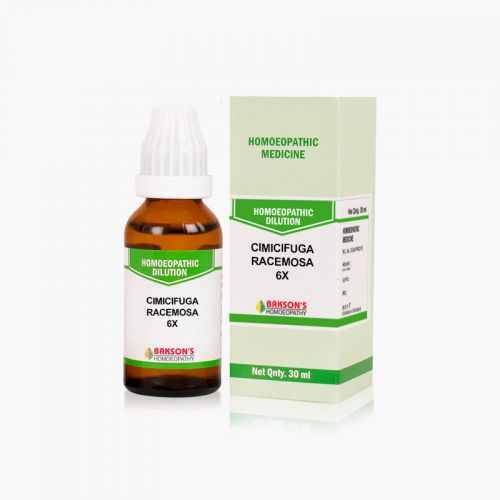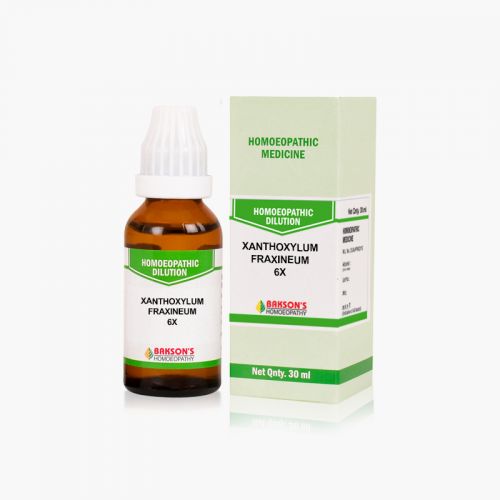We use cookies to make your experience better. To comply with the new e-Privacy directive, we need to ask for your consent to set the cookies. Learn more.
What is Endometriosis?
Endometriosis is a chronic gynecological disorder characterized by the presence and growth of functioning endometrial tissue in places other than the uterus that often results in severe pain and infertility.
The endometriosis lesions can be seen in various locations, with the most common location bein the ovaries followed by the posterior broad ligament, the anterior cul-de-sac, the posterior cul-de-sac, and the uterosacral ligament. It can also affect the intestinal tract and the urinary system like the ureter, the bladder, and the urethra.
Stages
Endometriosis has the following four stages or types which are determined by various factors including the location, number, size, and depth of endometrial implants:
- Stage 1: Minimal - Small lesions and shallow endometrial implants with inflammation in or around the pelvic cavity.
- Stage 2: Mild - Light lesions and shallow implants on an ovary and the pelvic lining.
- Stage 3: Moderate - Deep implants on ovary and pelvic lining. There can also be more lesions.
- Stage 4: Severe - Deep implants on pelvic lining and ovaries. There may also be lesions on the fallopian tubes and bowels.
Causes
The main theories that explain the pathogenesis of endometriosis are:
- Sampsonעs theory: states that the viable cells existing in the peritoneal fluid with retrograde menstruation can implant, grow, and infiltrate in the peritoneal cavity.
- Coelomic metaplastic theory: is based on the ability of parietal peritoneum epithelium to differentiate into endometrial tissue under the stimuli of cytokines and growth factors of the endometrial stroma.
- Mullerian remnant theory: suggests that atypical migration or differentiation of these remnants could imitate endometriotic tissue in the poster pelvic floor.
- Lymphatic and vascular metastasis theory: proposes that endometrial tissue can infiltrate the lymphatics and vasculature and, through them, get transferred to remote foci like the brain or the pleura or retroperitoneal locations.
- The stem cell theory: states that the endometrial stem cells are responsible for the development and progression of endometriosis which occurs due to the retrograde discarding of the endometrial stem cells in the pelvic cavity either with neonatal uterine bleeding or with menstruation after menarche.
Signs and Symptoms
Endometriosis occurs most often in women between 25 and 29 years of age and lowest in women over 44 years old. The symptoms of endometriosis vary.
The typical clinical presentation includes dyspareunia, namely painful sexual intercourse, pelvic pain during menstruation (dysmenorrhoea), pain in the urination (dysuria), defecation (dyschezia), and/or infertility. The pain is usually characterized as chronic, cyclic, and progressive (exacerbating over time). The severity of pain doesnעt indicate the degree or stage of the condition.
Diagnosis
A detailed history and a gynecological physical examination is performed which reveals variable findings, depending on the location and size of the endometriotic lesion. The gold standard diagnostic tool is laparoscopy, combined with an exploration of the abdominal cavity and a histological biopsy but is an invasive procedure. Several other low invasive diagnostic methods including magnetic resonance imaging (MRI) and the transvaginal ultrasound (TVUS) are also advised.
Management
Hormone therapy may help to relieve pain and stop the progression of endometriosis.
Endometriosis can be triggered by a combination of various factors including hormonal imbalances, stress and nutritional deficiencies. Certain lifestyle modification measures can help to keep these triggers in check:
- Follow a rainbow diet and eat a wide variety of fruits and vegetables.
- Drink plenty of fluids.
- Avoid additives, preservatives and chemicals.
- Avoid alcohol and caffeine drinks.
- Exercise regularly.
- Reduce stress through yoga and meditation.
Warning: Above information provided is an overview of the disease, we strongly recommend a doctor's consultation to prevent further advancement of disease and/or development of complications.
Disclaimer: The information provided herein on request, is not to be taken as a replacement for medical advice or diagnosis or treatment of any medical condition. DO NOT SELF MEDICATE. PLEASE CONSULT YOUR PHYSICIAN FOR PROPER DIAGNOSIS AND PRESCRIPTION.
- BAKSON MENSO AID (SUGAR FREE)As low as ₹ 96.00
-
- CIMICIFUGA RACEMOSA 6X₹ 100.00
- FEM AID SUGAR FREEAs low as ₹ 96.00
- MUREX PURPUREA 30₹ 100.00
- XANTHOXYLUM FRAXINEUM 6X₹ 100.00












